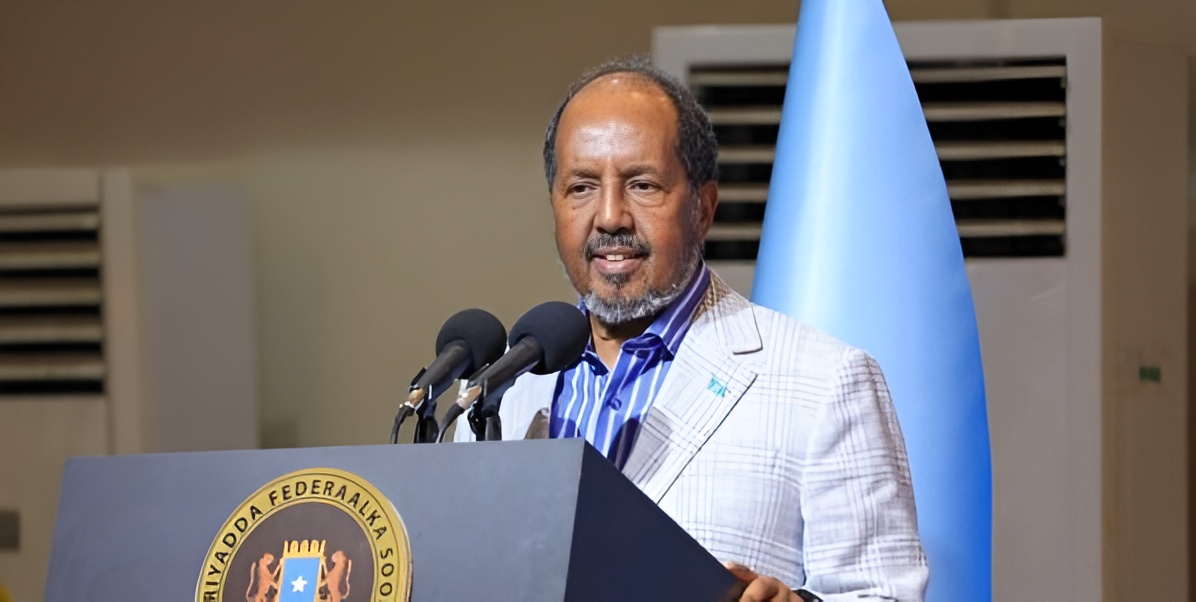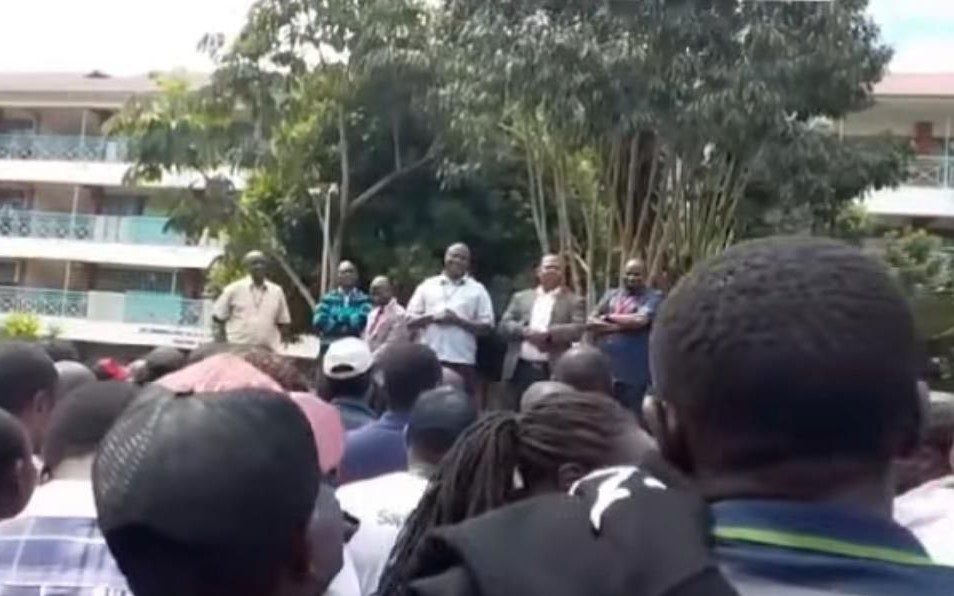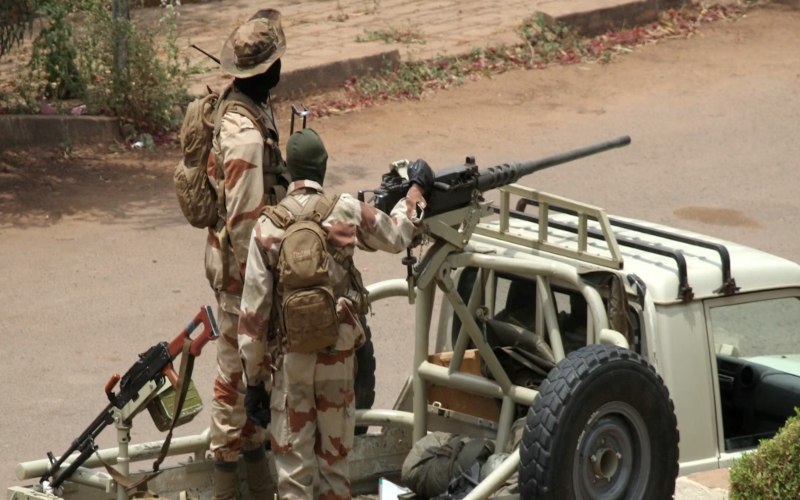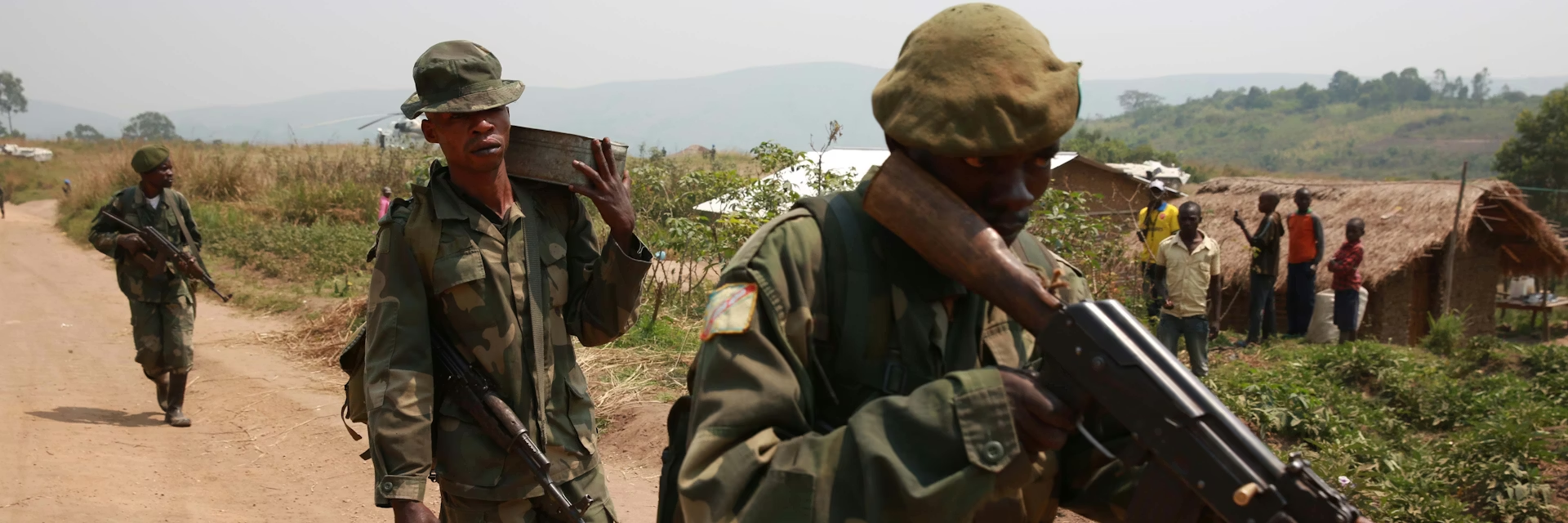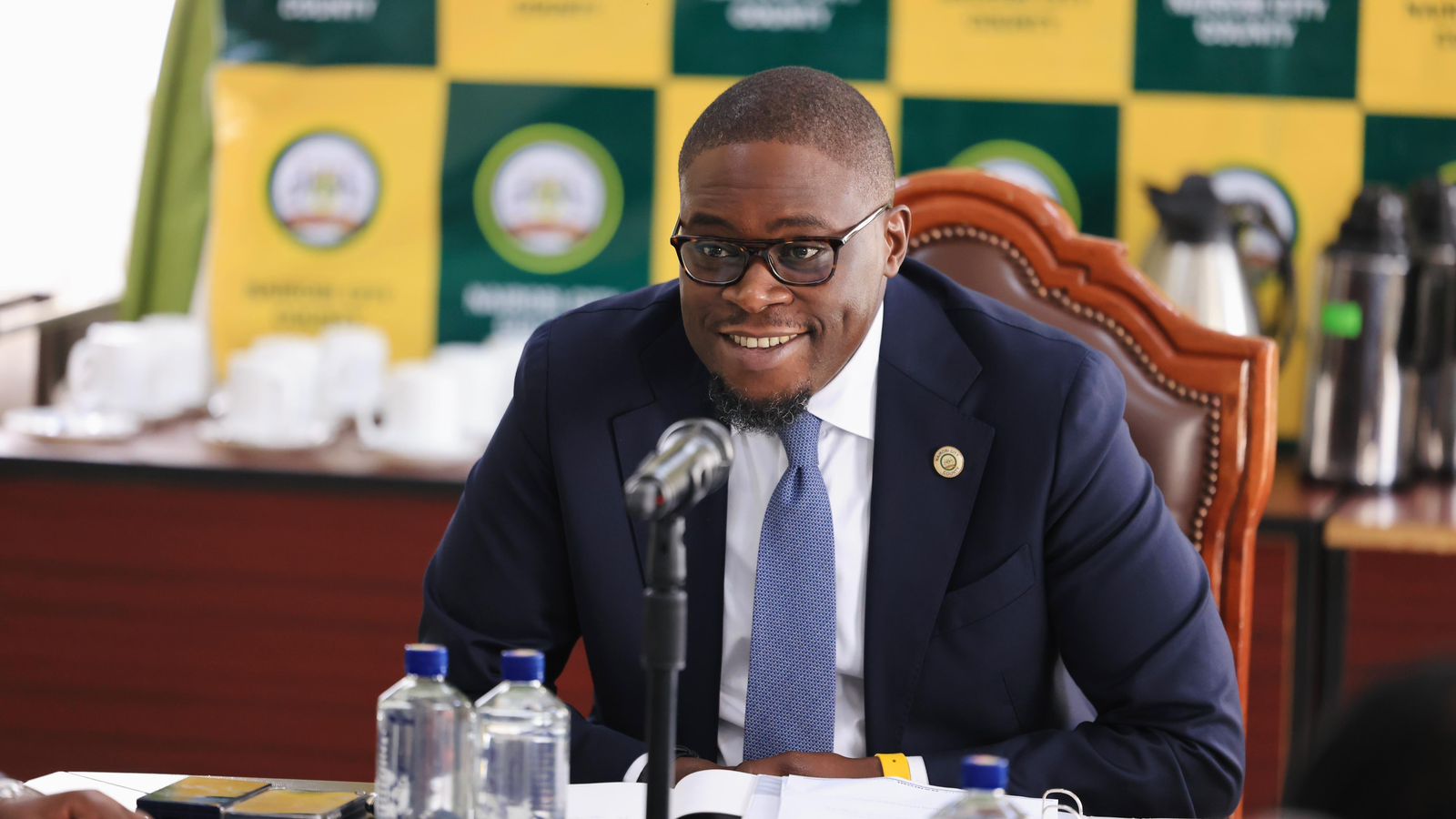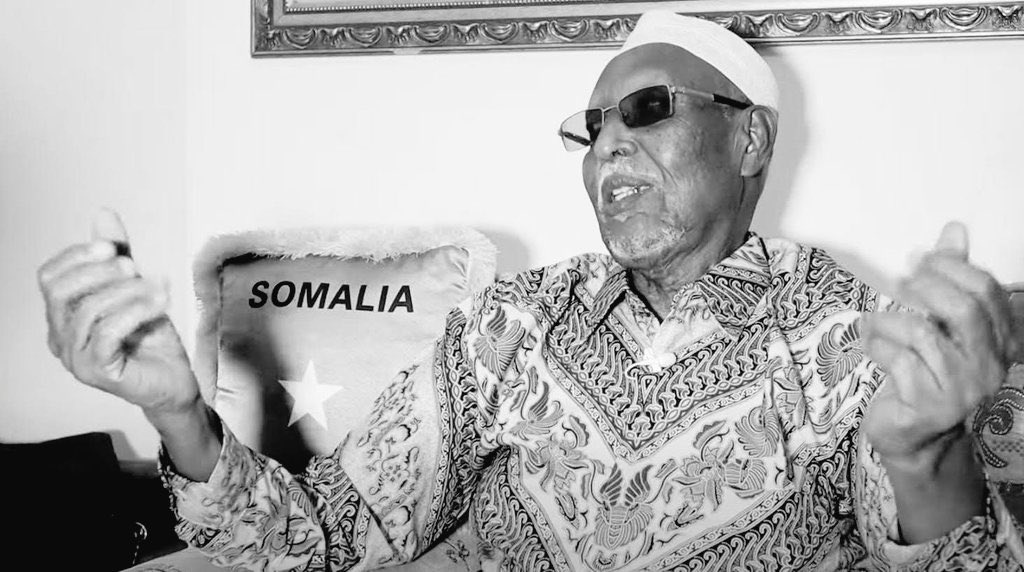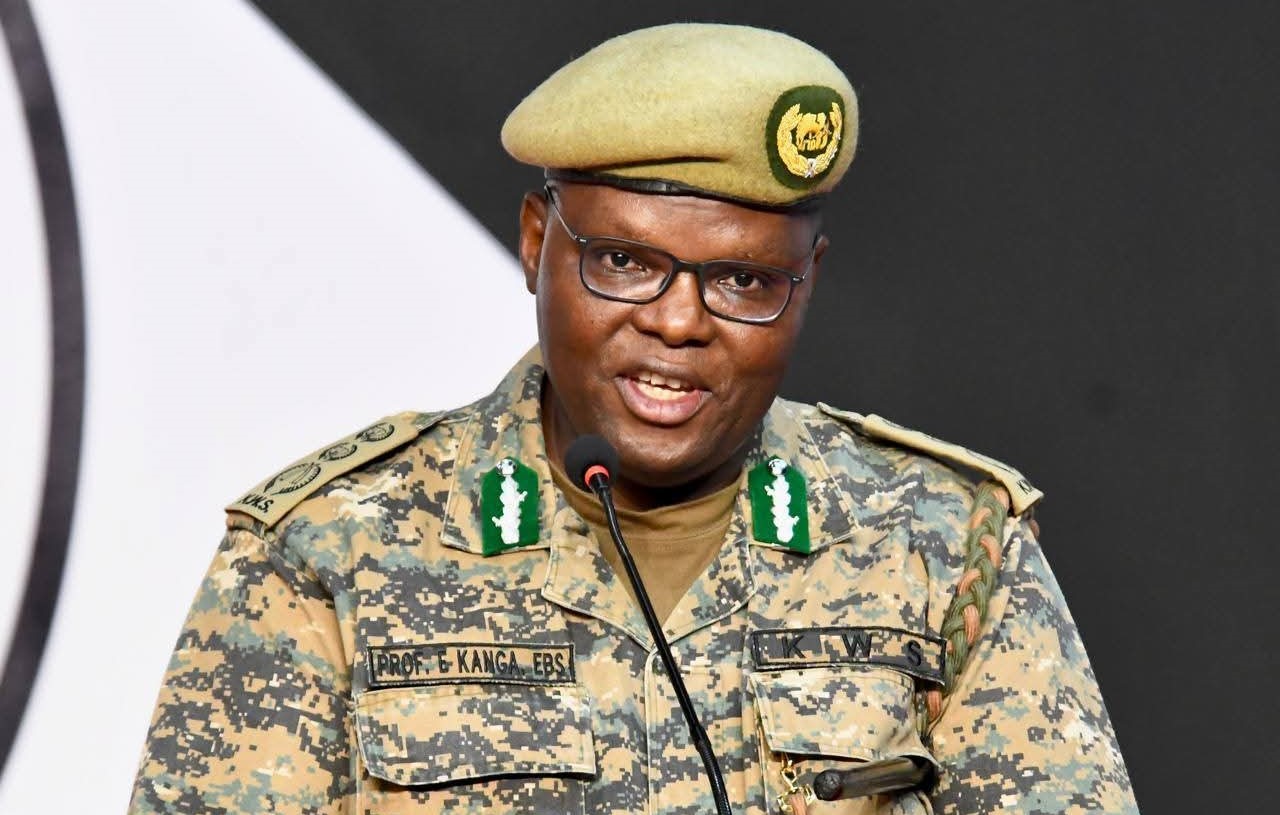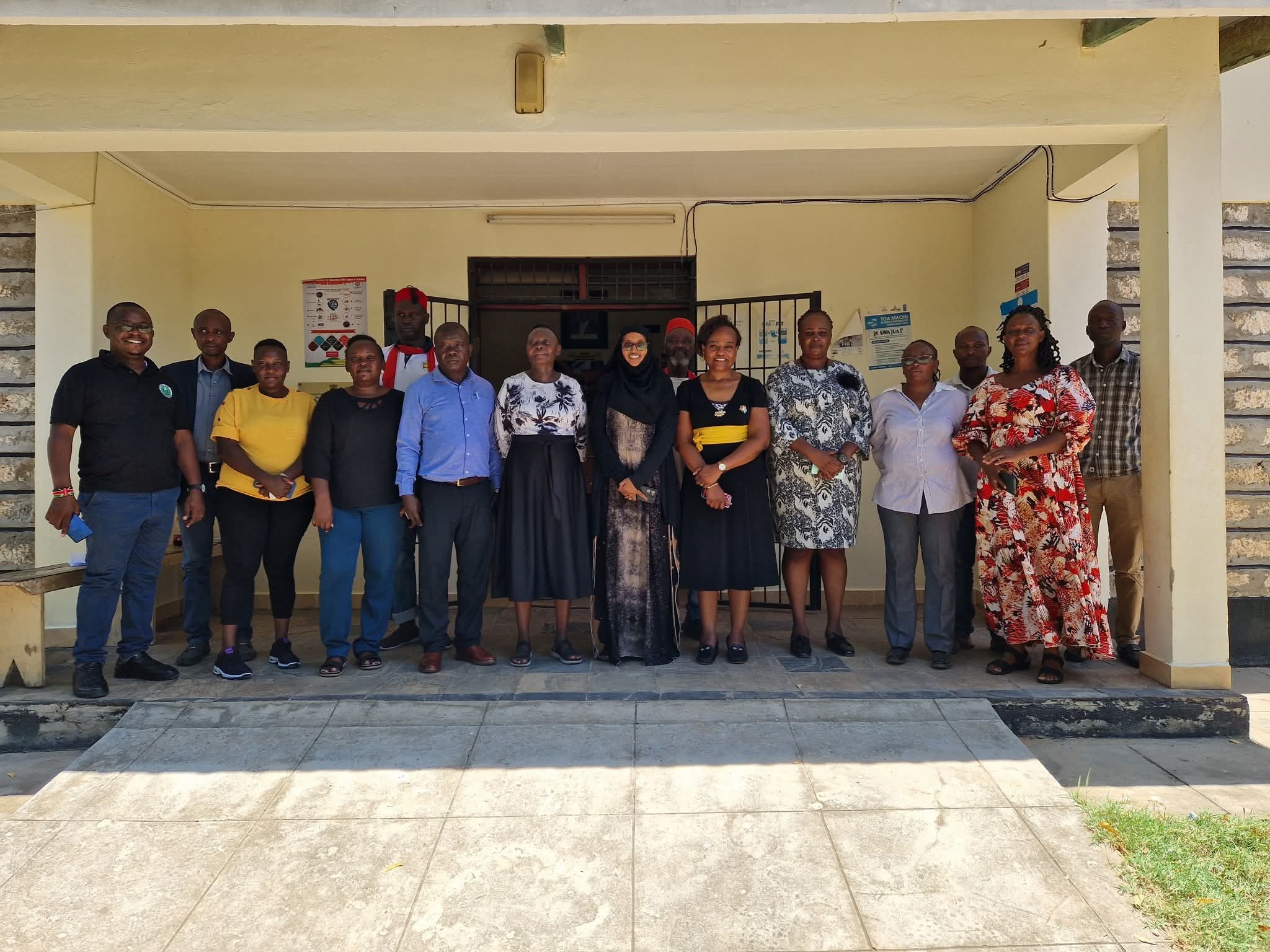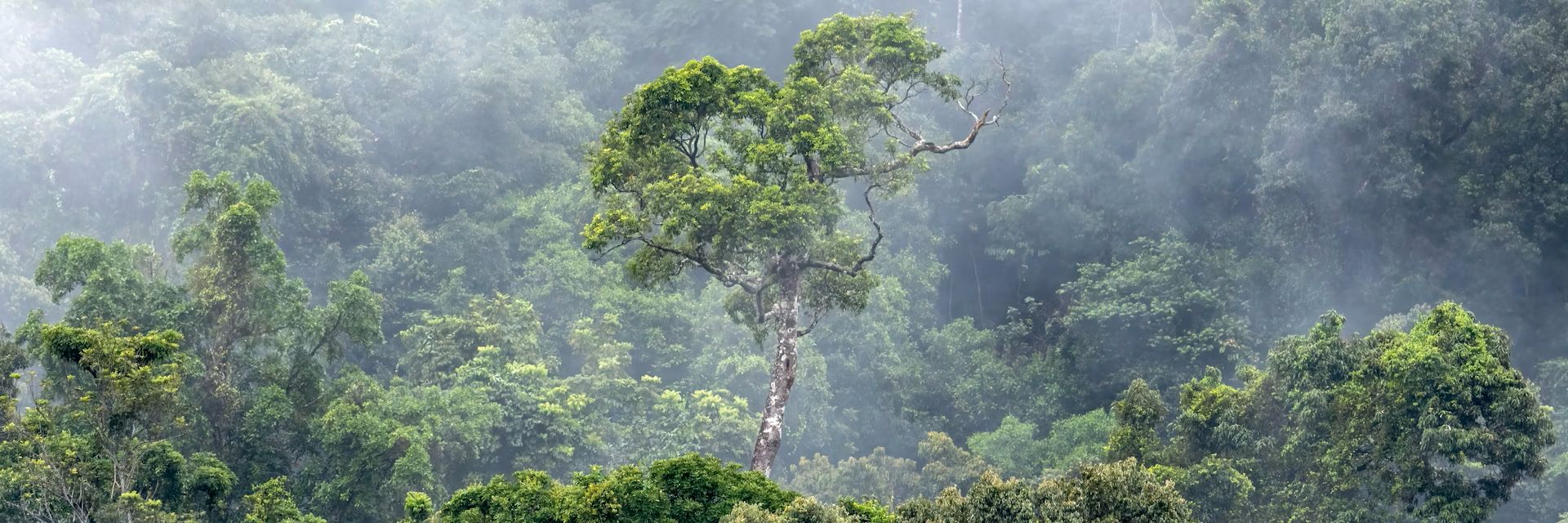Sudan's RSF fighters say they plan to work with a new government, raising partition fears
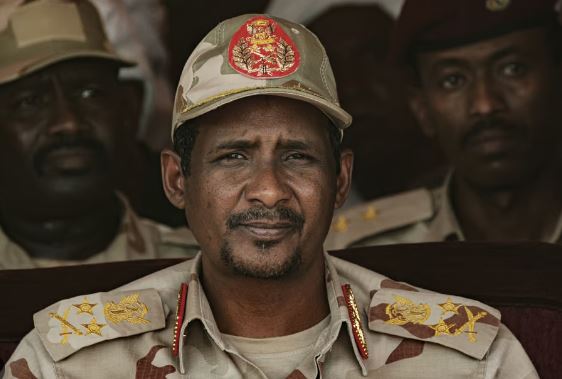
The US Special Envoy to Sudan, Tom Perriello, said last week any such new administration would be a step backwards.
Sudan's Rapid Support Forces (RSF) fighters have said they will work with a planned new government to oversee territories they control, the starkest move they have made towards a partition of the country after 20 months of civil war.
The RSF has been fighting the national army since April last year and now controls swathes of central and western Sudan including most of the capital Khartoum and the Darfur region, its traditional base.
More To Read
- UN chief alarmed by drone strike killing over 30 Sudanese civilians
- Sudan war: Aid teams say deal struck to reach stricken El Fasher
- UK sanctions Sudan’s RSF commanders over atrocities amid ongoing conflict
- Maternal and newborn health in crisis as millions born in conflict zones, Save the Children warns
- South Sudan deploys forces to secure Heglig oil field after Sudan RSF capture
- UN warns human rights face growing threats worldwide in 2025 as funding for activists falls
Any new administration ruling that area would be a challenge to the internationally recognised and army-led national government which was forced out of Khartoum last year and now operates on the Red Sea coast in Port Sudan.
Members of the group told Reuters this week that a group of civilian politicians and armed group leaders have agreed to set up what they describe as a "peace government".
They said it would be civilian-led, independent of the RSF and set up to replace the government in Port Sudan which they accused of prolonging the war.
Military and security role
Three senior Sudanese political sources told Reuters this week that the RSF had worked with the politicians to form the government. The RSF said it had no current links to the government and would work with but not control the planned administration.
"We in the RSF will only carry out the military and security role, but governing will be undertaken by civilian forces independently," it added in its statement to Reuters on Sunday.
There were no details on when any such administration might start and how it would choose representatives, govern or raise funds. Members of the group said it would be based in Khartoum.
The government in Port Sudan and the army – which controls the north and east of the country and is regaining ground in the centre – did not immediately respond to messages seeking comment. In the past, both have said they are the sole national power and have accused the RSF and its backers of seeking to destroy the country.
Western diplomats told Reuters they were aware of discussions about a new administration, and said that any institution that emerged would be controlled by the RSF.
"I see no one rushing to recognise them," one Western diplomat told Reuters on Monday.
"The biggest weakness of the RSF is no functioning chain of command. All the atrocities we see, how do we see that in a government?"
The US and rights groups have said both sides have committed atrocities and accused the RSF of carrying out ethnic cleansing in Darfur. Both sides have dismissed all the charges.
The US Special Envoy to Sudan, Tom Perriello, said last week any such new administration would be a step backwards.
"There are different things it could be, all of them bad, from government-in-exile to 'we are the government' to 'we are the government over the territory that we stand in,'" he told reporters in London.
Members of the group who said they were forming a new government include officials who were part of the civilian-military power-sharing government that ruled Sudan for two years after the ouster of long-ruling president Omar al-Bashir in 2019.
While many of the participants do not have their own substantial constituencies or major active forces on the ground, they would gain a measure of authority in a body backed by the RSF, the political sources said.
Figures who confirmed their participation to Reuters included former Sovereign Council members Mohamed al-Taishi, Alhadi Idris and al-Tahir Hajar.
Others were politician Ibrahim al-Mirghani and Suleiman Sandal, the head of a faction of the Justice and Equality Movement.
"The group in Port Sudan does not aim to have peace and refuses all initiatives to end the war," Taishi said on Monday.
"The Port Sudan authority is using its assumed authority... to divide the country through illegal unilateral moves," said Idris, citing recent moves to bring in new banknotes and launch school exams in army-held territory.
Amid all the talk, there is no end in sight for the war that erupted from a power struggle between the RSF and the army and has killed tens of thousands of people, displaced 12 million and spread acute hunger and disease.
Attempts at peace talks have stalled and both sides have continued to draw on their foreign backers for arms, say rights groups and international observers.
"Each belligerent has their own set of tools, and they're employing them without restraint, sticking to their maximalist territorial claims," Jalel Harchaoui, an associate fellow at the London-based Royal United Services Institute, said on Tuesday.
"This stubbornness, combined with unbridled foreign interference, may well result in partition."
Top Stories Today
